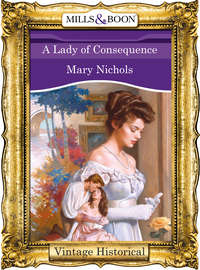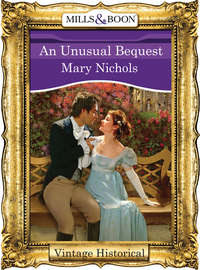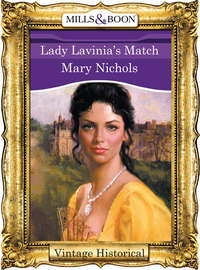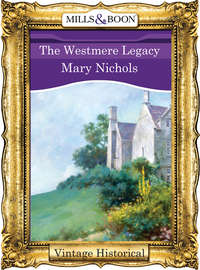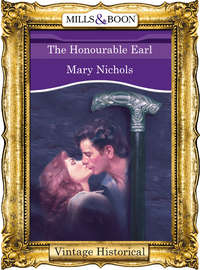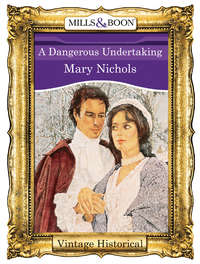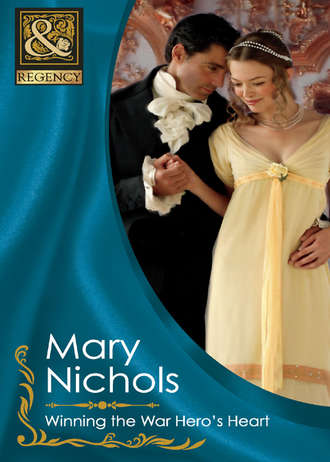
Полная версия
Winning the War Hero's Heart
He laughed. ‘There are enough books at Ravens Park to stock a dozen libraries.’ He went over to the shelves to peruse some of the titles. ‘A very eclectic mix,’ he said. ‘And some of them must be valuable. Are you not afraid they will be stolen? The temptation to keep them or sell them to buy food and clothing will be great. And even if they are returned, they might be covered in dirty fingermarks, with the corners of the pages turned down.’
‘I shall know who has borrowed each book and can remind them if they do not return them,’ she said. ‘As for dirty fingermarks, I would rather see a well-thumbed book than a pristine one. Books are meant to be read.’
‘Is this another of your crusades—to get the populace reading?’
‘Why not?’
‘Why not, indeed? It is certainly safer than writing defamatory articles in your newspaper. I suppose it is no good trying once more to persuade you to retract.’
So that was why he had come! ‘Not in the least.’
He realised it was said out of bravado, nothing more; she did not want him to know how worried she was. But he could tell from those expressive eyes that she was. ‘Then I pity you, for I cannot see how you can defend your action.’
‘I do not need your pity, my lord. I shall do very well without that.’
‘Then I shall not waste it on you. Good day, Miss Wayland.’ He replaced his hat on his head and left, wondering why he had even bothered to speak to her when she was so stubborn.
She could have told him she had decided to set the record straight over the widow’s garden and how restitution had been made, though she had perhaps spoiled it from his point of view by implying it was done as a result of the publicity it had been given. The paragraph had been added to the account of the meeting on the common where she had said it had been the timely intervention of Viscount Cavenham that had saved the situation from becoming a bloodbath. ‘It is to be hoped that the return of the Earl’s son from the war will herald a change in attitude of those who have a responsibility towards lesser mortals over whom they hold sway,’ she had ended. It was the closest she was prepared to go to admitting there was some good in the Viscount without, in any way, mitigating the behaviour of his father.
Miles rode out to the far side of the village on Wednesday morning to look at the land he meant to hand over to the workers. His father had no interest in it and it had been left uncultivated while he had been away and had become overgrown with bushes, brambles and rough grass. It would need a concerted effort on everyone’s part to make it fertile. In the meantime, the men and their families had to live. There was so much more to the endeavour than he had first envisaged. He would have to finance it for at least a year, paying for everything the men needed and giving them enough money to live on until they could make a profit. His personal fortune, inherited, along with the land, from his maternal grandfather, was not huge, but fortunately his own needs were few. If the purchase of Ravensbrook Manor came to fruition, he might have to think again, but as such a move was not imminent, he did not regard it.
He called on Mrs Watson on his way home to tell Byers the project was to go ahead and there he encountered Miss Wayland again, interviewing Jack about his war service. He could see nothing controversial in that and joined in with a few of his own reminiscences. Their conversation of the day before was not mentioned, though it was in his mind. He wished he had not offered her pity; it was the last thing he should have done— sympathy, perhaps, but not pity.
‘Tell me about Waterloo,’ she said, doing her best to concentrate on Jack, though the presence of the Viscount was making her unaccountably nervous. Something intangible was drawing her to him and she did not know how to account for it or how to resist it. ‘I believe Wellington said it was a close-run thing. And Napoleon Bonaparte fled the scene when he realised the day was lost.’
‘So he did,’ Miles said. ‘I saw him briefly on a mound above the battle and then he was gone in that great coach of his.’
‘He abandoned it to escape by ship, but it availed him nothing,’ Jack said. ‘He was forced to surrender and the coach was brought to London to be exhibited. Have you seen it, Miss Wayland?’
‘No, it is some years since I was in the capital. What happened when the battle was over and you came home?’
‘Nothing happened, miss, nothing at all. Not even a thank-you, much less a job.’
‘But we hope to remedy that,’ Miles put in. ‘My friend is going forward with his plans to give all those who want it a strip of land to work in conjunction with others. The land is in poor heart, but can be made good and there is a barn that can be made into living accommodation for those who are homeless. The first year the project will be financed by my friend, but after that you must make it profitable.’
‘Then we must pray for good weather,’ Jack said.
‘Are you going to tell me the name of this benefactor now?’ Helen asked.
‘No. He does not wish it revealed.’
‘Then we must respect his wishes, but it will be good to publish some good news, even if we cannot say who is at the heart of it.’
‘And if you drop a single hint that you think you know his identity, I shall take steps to have you stopped,’ he said, looking sharply at her, making her more than ever convinced she knew.
He had left her talking to Jack and Mrs Watson and ridden home for nuncheon. The Wednesday edition of the Warburton Record had just been delivered and his father was hidden behind it. Miles kissed his mother’s cheek and bade his father good morning before helping himself to food from the dishes on the sideboard. He began eating, waiting for his father to come out from behind the paper.
Конец ознакомительного фрагмента.
Текст предоставлен ООО «ЛитРес».
Прочитайте эту книгу целиком, купив полную легальную версию на ЛитРес.
Безопасно оплатить книгу можно банковской картой Visa, MasterCard, Maestro, со счета мобильного телефона, с платежного терминала, в салоне МТС или Связной, через PayPal, WebMoney, Яндекс.Деньги, QIWI Кошелек, бонусными картами или другим удобным Вам способом.






